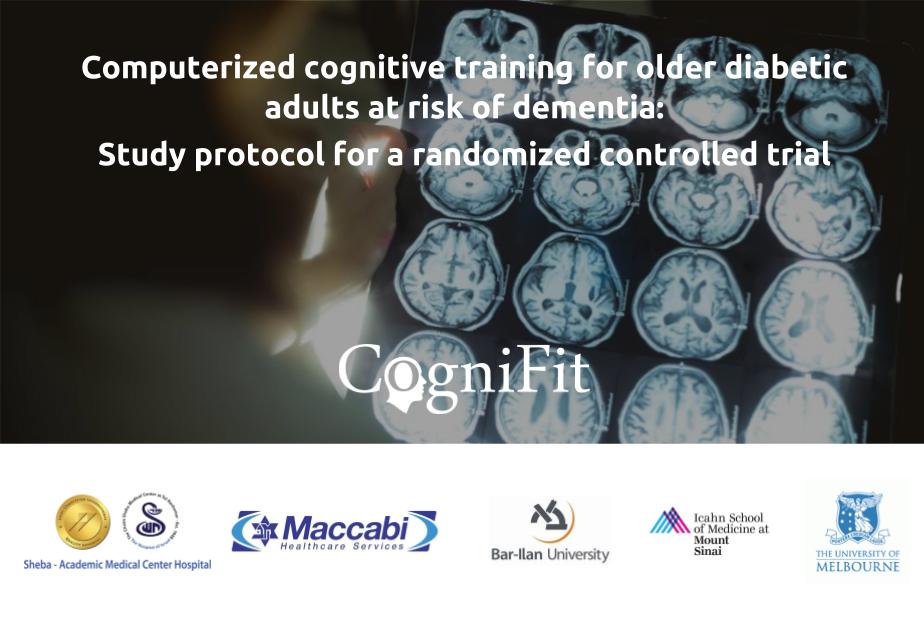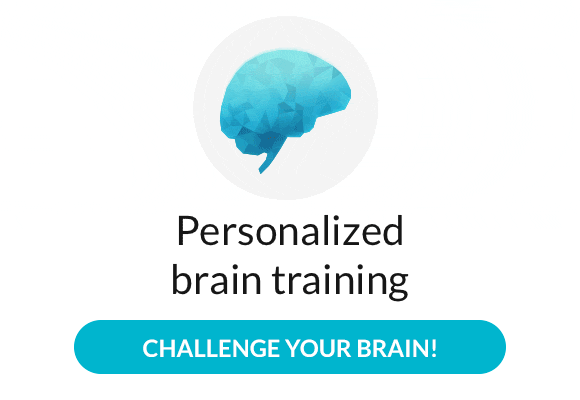
Scientists Study How CogniFit May Prevent Cognitive Impairment in People with Diabetes
- People with type 2 diabetes are at risk of dementia. CogniFit brain training may help prevent cognitive impairment associated with diabetes, according to research.
- Stimulating important cognitive abilities such as attention or executive functions with CogniFit may help improve the cognitive status of people with type 2 diabetes, promoting autonomy and disease management.
- Different Israeli, U. S., and Australian centers are studying how CogniFit, a leading technology in evaluating and improving cognitive abilities, can help improve cognitive performance, autonomy, and adaptability of type 2 diabetes patients through computerized cognitive training (CCT).
Diabetes refers to a set of metabolic disorders in which there is an increase in blood sugar over a prolonged period of time. This metabolic disorder can cause great difficulties in people’s lives, especially if left untreated. It is currently estimated that 171 million people worldwide suffer from diabetes. This number could increase to 366 million by 2030, with type 2 diabetes being the most common.
Scientific studies consistently indicate that older people with type 2 diabetes are at increased risk for some form of cognitive impairment and dementia. This means that today there are 171 million people at risk of suffering a severe deficit in various cognitive abilities, with a great impact on their health.
Knowing that people with type 2 diabetes are at high risk for cognitive impairment during old age, implementing a prevention plan in the population at risk could greatly reduce the impact of the disease and improve the patients’ quality of life. But what would be the most appropriate way to prevent dementia?
Computerized cognitive training, such as that offered by CogniFit, has repeatedly been shown to improve the cognitive status of healthy adults and those with mild cognitive impairment. That is why they are studying whether this type of computerized training can also help the cognitive skills of people with diabetes or even improve disease management. Researchers from the Sheba Medical Centre (Israel), Icahn School of Medicine at Mount Sinai (USA), Australian National University and The University of Melbourne (Australia), among others, have decided to conduct this study with CogniFit.
CogniFit is a cognitive assessment and training tool aimed at assisting professionals in the diagnosis of different disorders that involve an alteration in different cognitive abilities, and at improving the state of these abilities. It can also be used by private users who want to know their brain state and train it. This study will help us learn whether CogniFit’s scientific tool could help prevent dementia related to type 2 diabetes and improve patients’ quality of life.

Researchers
- Joseph Sagol Neuroscience Centre, Sheba Medical Center, Israel
- School of Psychology, Bar-Ilan University, Israel
- Department of Psychiatry, Icahn School of Medicine at Mount Sinai, New York, NY, USA
- Maccabi Healthcare Services, Tel-Aviv, Israel
- Center for Research on Aging, Health, and Wellbeing, Research School of Population Health, The Australian National University, Canberra, Australian Capital Territory, Australia
- The Academic Unit for Psychiatry of Old Age, Department of Psychiatry, The University of Melbourne, Victoria, Australia














